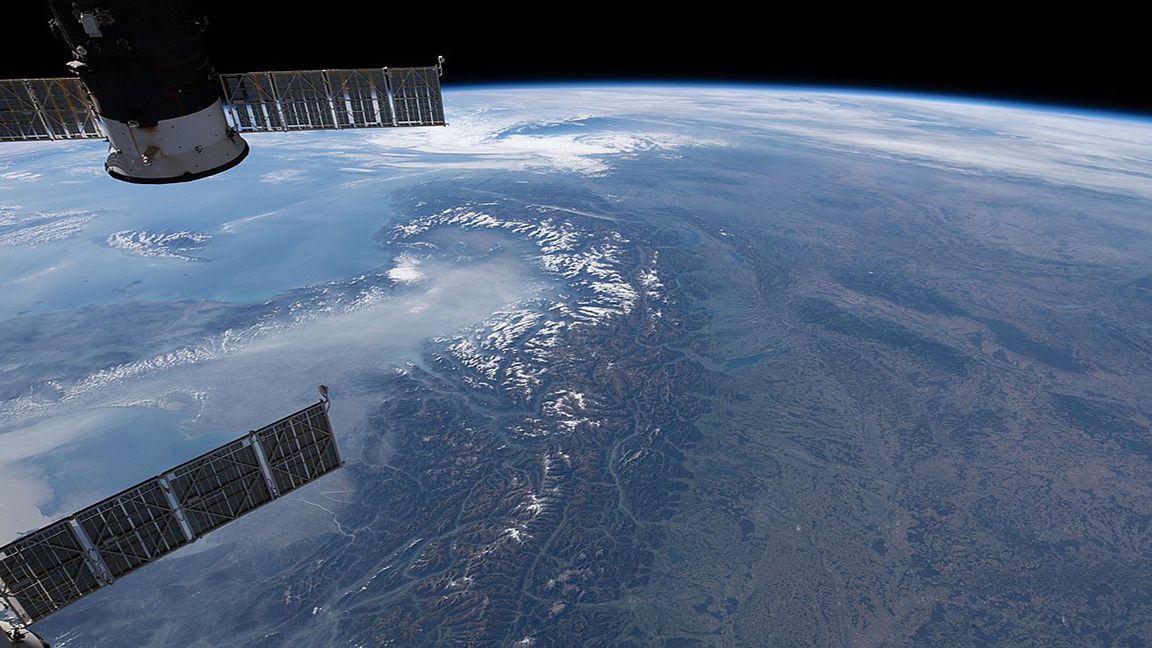While the new space race tries to unlock the benefits of the last frontier, people are already casting doubts on whether venturing space is as important compared to problems back home.
Last week, British Prince William criticized prominent billionaires and their expanding space race, arguing that people like Blue Origin’s Jeff Bezos should prioritize saving Earth before travelling to the stars.
He said that the resources and ideas should first help solve the problems of this planet, mainly about climate change whose effects are threatening the lives and future of the younger generations.
"We need some of the world’s greatest brains and minds fixed on trying to repair this planet, not trying to find the next place to go and live," the Duke of Cambridge said in an interview with the BBC news agency.
William’s remarks came a day after “Star Trek” actor William Shatner flew to space aboard Bezos’ NS-18 mission launch, making him the oldest person to go to outer space at the age of 90.
Though Williams’ intention is noble, it is without shortsightedness to the actual and long-term benefits of becoming a spacefaring species.
Not their job
What the British Prince fails to understand is that saving the planet is much more about money: it is a matter of policy and political commitment by national governments and politicians across the world that must guarantee this first.
The private sector may contribute to these movements, but it must do so without being impeded on its ability to innovate and commit to its own initiative. Moreover, helping to fix this planet is not a linear obligation.
Companies like SpaceX, Blue Origin, and Virgin Galactic can contribute to the global effort against ecological problems even if it pushes for building more rockets. A prime example of this is the Royal Dutch Shell who is starting to invest on renewable energies and gradually steering away its reliance from fossil fuels.
More returns
Barring space companies is unproductive especially that funding for space exploration and technology has since then plummeted after the peak of space race in the 60s.
During the quest of the United States to reach the Moon before the USSR, highest funding for NASA stood around 4.4 percent of the country’s total federal spending. In the succeeding years, it only hovered between 0.5% to 1 percent.
It is estimated that for every one dollar spent by US for space exploration, seven dollars is obtain as a return of investment, which is manifested in the advances made in science, technology, medicine, agriculture, and general knowledge.
One can only imagine the accomplishments we could have achieved further if interest for space exploration like it was in the 60s continues up to this day.
Since priorities by governments changes, breakthroughs in science and development are sometimes sidelined in pursuit of meager agendas. And for now, it seems that only the private sector can guarantee these achievements.
Born travelers
The human species have always been nomads. It is only through our movement that we have found ways to improve our understanding about the world around us and how to better navigate it through the things we learned and discovered.
We evolved and progressed as a society because the first explorers dared the wrath of the seas and the uncertainty of the wild, allowing us to reach the new worlds which brought treasures that aided us in making our lives better and easier.
Space exploration is a prerequisite in saving our planet—to find new ways and raw materials that may aid us. Whatever we may find out there may help us make our way of living more sustainable, maybe not today but soon.
Tags: #spacetravel, #spaceexploration, #science

